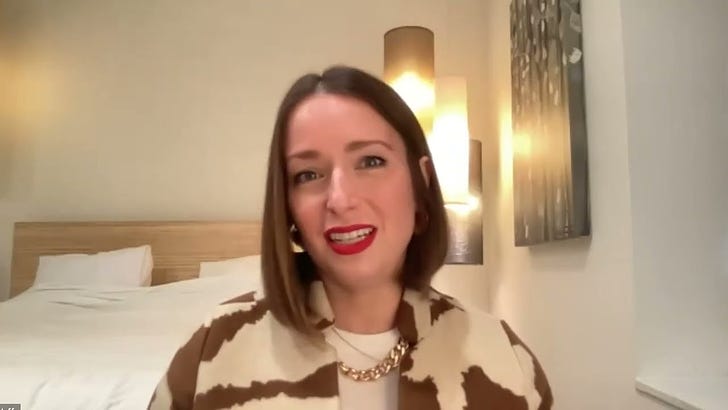Julia Ioffe on Russia at the moment
This is an informative interview with Julia Ioffe, a journalist who is also one of the better-known American "Russia experts." Julia Ioffe on the Conflict in Ukraine 05/06/2022:
Critical listening is always in order on these things. But while Ioffe takes a very dim view of Putin and his foreign policies, she's not a New Cold War hack. Much of this interview deals with Russia, including some reflections on the 1990s.
Her account of that period doesn't exactly proceed from the conventional assumptions in the US and Europe. It's very widely recognized in the West how traumatic the "shock therapy" economic transition in Russia in the 1990s was. Although there's no serious argument about the basic facts. Here's an unsigned 1998 account from the Irish Times related to the 1998 Russian financial crisis, After the failure of shock therapy what hope for Russia now? 12/31/1998. "Shock therapy" was heavily influenced by Western advisers and supported by the Clinton Administration.
If Russia was the addict as far as the abuse of financial aid was concerned, then the West was the pusher. Western institutions and countries believed that Russia's economy was improving and they believed this simply because it was what they wanted to believe.
Economic shock therapists who, only a few months ago, were claiming that their measures had been successful, are now denying that these measures were ever implemented in the first place.
The shock therapists have blamed the International Monetary Fund for what has happened. One leading commentator, while admitting that US policy in Russia had failed, came up with the bizarre message that "just because it failed does not mean it was wrong".
If any lesson is to be learned from the horrible mess in which Russia finds itself, it is that turning a blind eye to corruption simply does not pay dividends.
In the meantime ordinary Russians face hardship this winter. Deaths by starvation are most unlikely to occur in significant numbers but a further deterioration in dietary quality is very much on the cards. A more serious aspect could be the fuel crisis which has left many thousands, particularly in the far east, without heating in the run-up to that region's extremely fierce winter. [my emphasis]
In the Cold War triumphalist view that is the default assumption for American pundits, Russia back then was hitting some speed bumps on the way to the blessings of capitalism and Western-style democracy. It's safe to say that not all Russians experienced it as a benign experience.
Ioffe expresses skepticism about whether the economic sanctions will pressure Russia into calling off the war in an immediate sense. While people in the West think the sanctions will really put a lot of popular pressure on the government, she reminds us that actually Russians are used to adjusting to hard times. Also when you look at the level of success of sanctions in Cuba, Iran, Iraq, and Venezuela, you might start to wonder exactly how effective even "targeted" economics sanctions can be in getting a country to act against what it conceives as vital national interests.
Ioffe also reminds us that there is no guarantee that a post-Putin Russian government will be better than his.
And she refers to the online publication Meduza ( https://meduza.io/en ) as a good independent journalistic sources on Russian developments. I haven't been following it, so I can't offer an opinion on their reporting.


